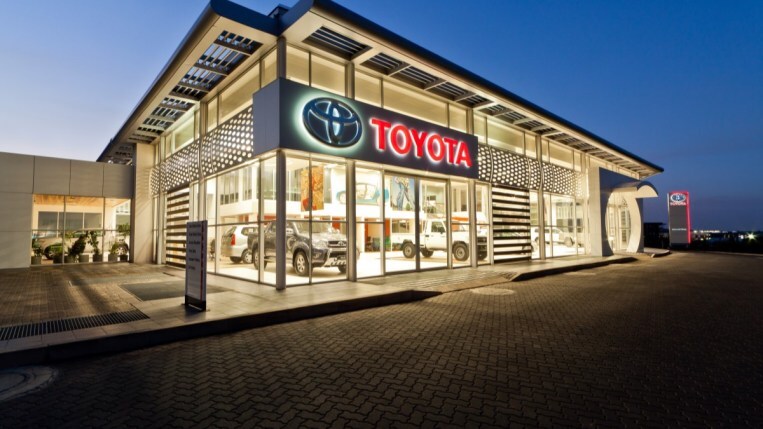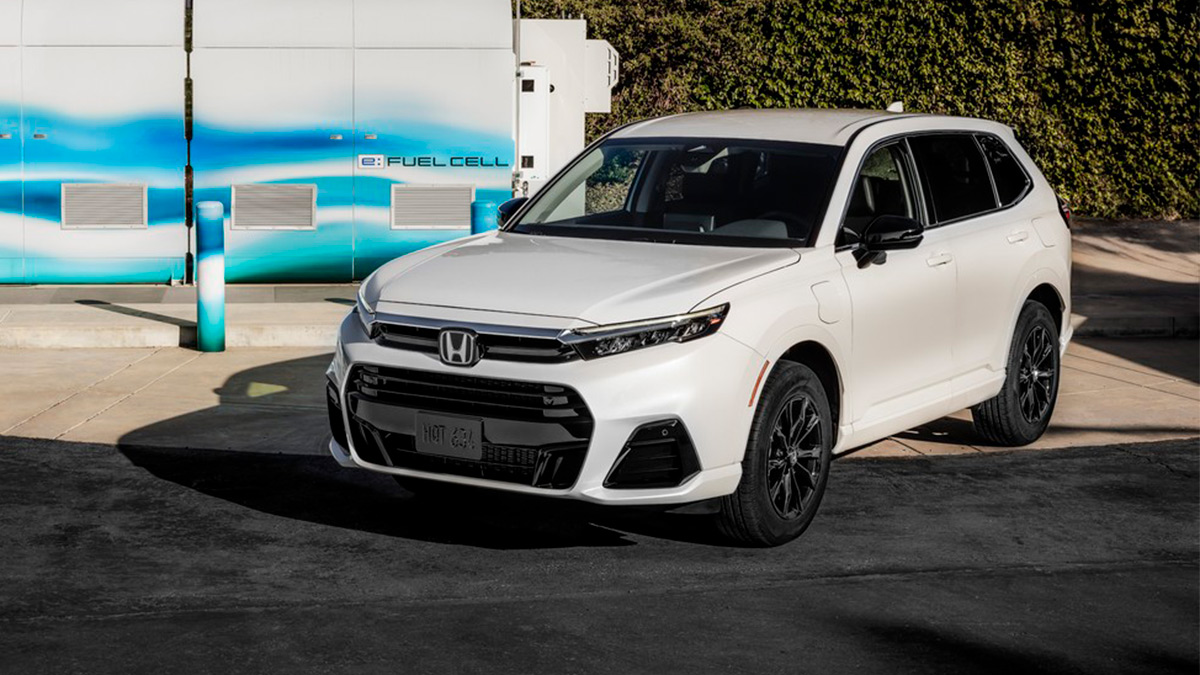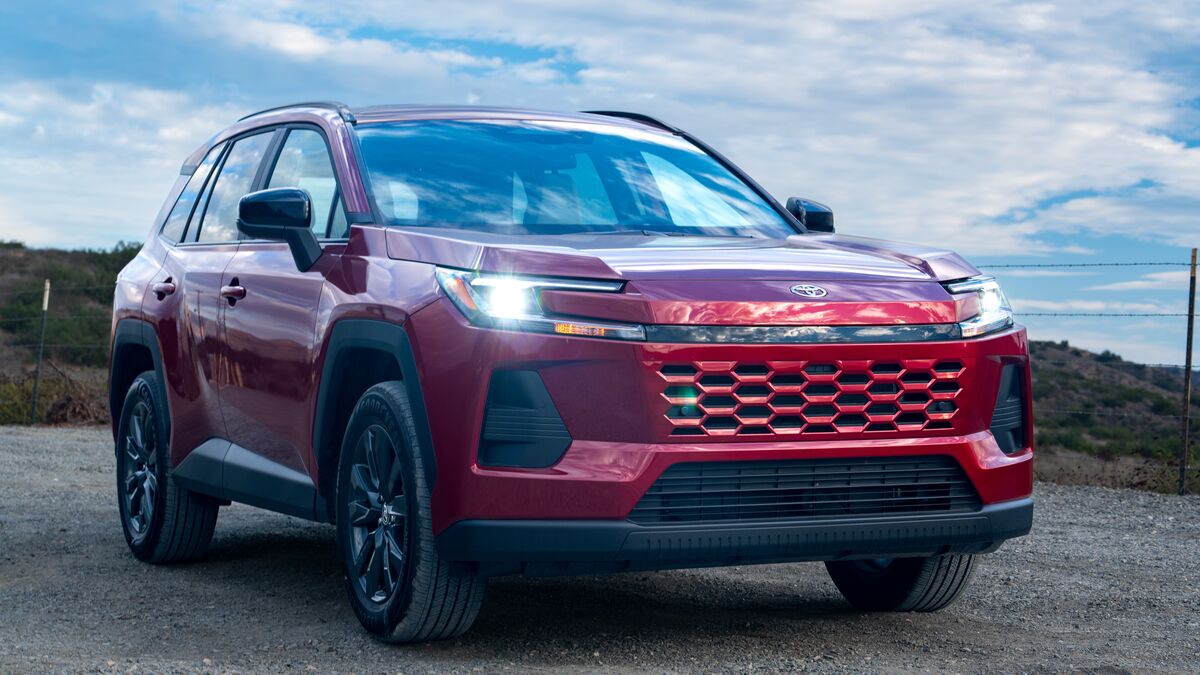
The news comes even as prices have finally begun to drop on some dealership lots. The average new car cost fell in September for the first time in five months.
In its recent third-quarter earnings report, Toyota revealed U.S. sales fell for both Toyota and Lexus. Demand for the company’s cars remains high, but the brands have been hard-hit by supply chain challenges. Both have had among the lowest supplies in the industry for the past year.
Dealers Short on Cars to Sell
Some of the company’s most popular models are in short supply.
Automakers measure their supply of new cars to sell in a metric they call “days of inventory” — how long it would take to sell out of cars at today’s sales rate if they didn’t build more. Most of the industry traditionally aims to keep about six weeks’ supply of popular models.
At the end of September, Toyota dealers had less than 10 days’ worth of Camry midsize sedans, Corolla compact sedans, Corolla Cross compact SUVs, Highlander midsize SUVs, RAV4 compact SUVs, Sequoia full-size SUVs, Sienna minivans.
Lexus dealers were in slightly better shape but still carrying two weeks’ supply or less for the IS sedan and GX, LX, and NX SUVs.
With fewer cars available to sell, the company needs to find a way to make more from each sale.
Prices May Change More Often
Accounting chief Masahiro Yamamoto told AN that Toyota traditionally raises prices “once or twice” yearly. But the company is exploring the idea of “increasing the frequency of pricing changes,” he said.
Younger competitors like Tesla have pioneered the practice of changing prices frequently — last year alone, Tesla raised prices 10 times on some cars.
Worried About Upsetting Customers
Toyota faces a public relations challenge in how customers expect its most popular cars to sell within a specific price range.
Chief communications officer Jun Nagata told AN, “We would like to keep that general image of the vehicle and the price relationship.”
Toyota is the world’s largest automaker by volume, with its practices shaping the industry. If Toyota dealers start to increase their prices, the idea could ripple through other sales lots.
We’ll report price changes as they come.







